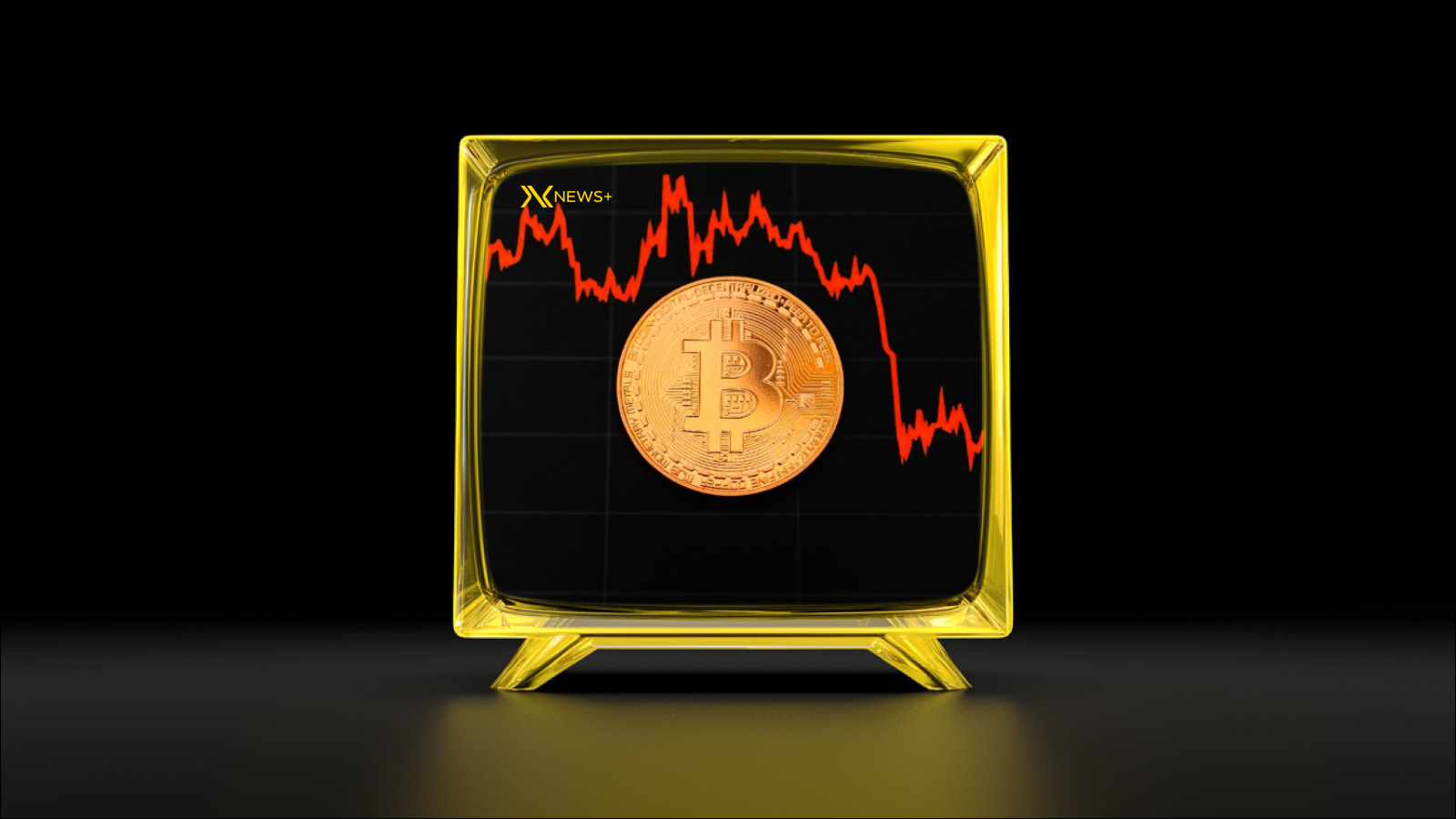Explore ETF outflows, Federal Reserve uncertainty, and potential futures for Bitcoin in a volatile market landscape. Stay informed on institutional trends and impacts.
The recent spike in Bitcoin ETF outflows has raised alarms among investors, indicating potential institutional weakness in the cryptocurrency market. Traditionally, ETFs are viewed as an accessible avenue for institutions to enter the crypto space, and their exit signals a lack of confidence among these large players. This trend has led to a significant reduction in liquidity, contributing to the ongoing sell-off we are witnessing.
Furthermore, the Federal Reserve crypto impact is evident in how institutional investors react to regulatory uncertainties and monetary policy changes. As the Fed continues to signal shifts in interest rates, many institutions are re-evaluating their positions, leading to increased outflows from Bitcoin ETFs.
As large investors pull back, the market dynamics shift, potentially creating a vicious cycle where declining prices lead to further outflows. This can create panic among retail investors, compounding the issues at hand. Comparing the current state of Bitcoin against prior surges, this sell-off underscores the fragility of institutional confidence in the cryptocurrency market.
The recent Bitcoin ETF outflows reflect a deeper unease among institutions, exacerbated by the Federal Reserve crypto impact. Investors should remain vigilant and consider these shifting dynamics as they navigate the complexities of the Bitcoin landscape.
Federal Reserve Uncertainty Adds to Market Volatility
The current landscape of the cryptocurrency market, particularly for Bitcoin, is increasingly affected by Federal Reserve crypto impact policies. The uncertainty surrounding interest rate decisions and the overall monetary policy has created a ripple effect across financial markets, contributing to heightened volatility. Investors and traders are closely scrutinizing the Federal Reserve’s actions, as any signs of tightening monetary policy or shifts in economic forecasts can lead to significant price fluctuations in Bitcoin and other cryptocurrencies.
In recent months, the Federal Reserve has indicated a cautious outlook as it navigates through inflationary pressures and economic growth concerns. This has resulted in speculations about future interest rate hikes, which can potentially dampen institutional investment in riskier assets like Bitcoin. The fear of increased borrowing costs can deter both individual and institutional investors, leading to pronounced Bitcoin ETF outflows and further market sell-offs.
As economic indicators fluctuate and forecasts vary, the uncertainty stemming from the Federal Reserve’s stance continues to create a challenging environment for Bitcoin. The interplay between macroeconomic variables and market sentiment often dictates short-term price movements, and the influence of federal policies is undeniable.
What’s Next for Bitcoin?
The current landscape for Bitcoin appears precarious, especially after the recent Bitcoin ETF outflows. These shifts can create a ripple effect across the cryptocurrency market, influencing investor sentiment and trading decisions.
As we look ahead, volatility is expected to remain a constant companion for Bitcoin. Factors such as global economic conditions, regulatory developments, and shifts in institutional investment strategies will play a significant role in shaping Bitcoin’s trajectory. Notably, the Federal Reserve crypto impact will continue to create uncertainty among traders and investors alike.
Another critical aspect to consider is the ongoing maturation of the cryptocurrency market. While short-term fluctuations might create panic, longer-term trends could see Bitcoin consolidating its position as a legitimate asset class. Depending on how regulatory frameworks evolve, Bitcoin could either flourish within a more structured environment or face greater challenges.
The outlook for Bitcoin remains mixed. Investors need to stay vigilant, as external factors and market sentiment will significantly influence future price movements. The shift of Bitcoin as an asset will hinge on whether it can overcome the current hurdles and demonstrate resilience against the backdrop of the Federal Reserve’s policies and market dynamics.
Disclaimer
This article is for informational purposes only and does not constitute financial or investment advice. Cryptocurrency markets are highly volatile, and investors should conduct their own research before making financial decisions.
For more updates on Bitcoin and market trends, visit Darkex today.
Click for more Darkex News articles.





